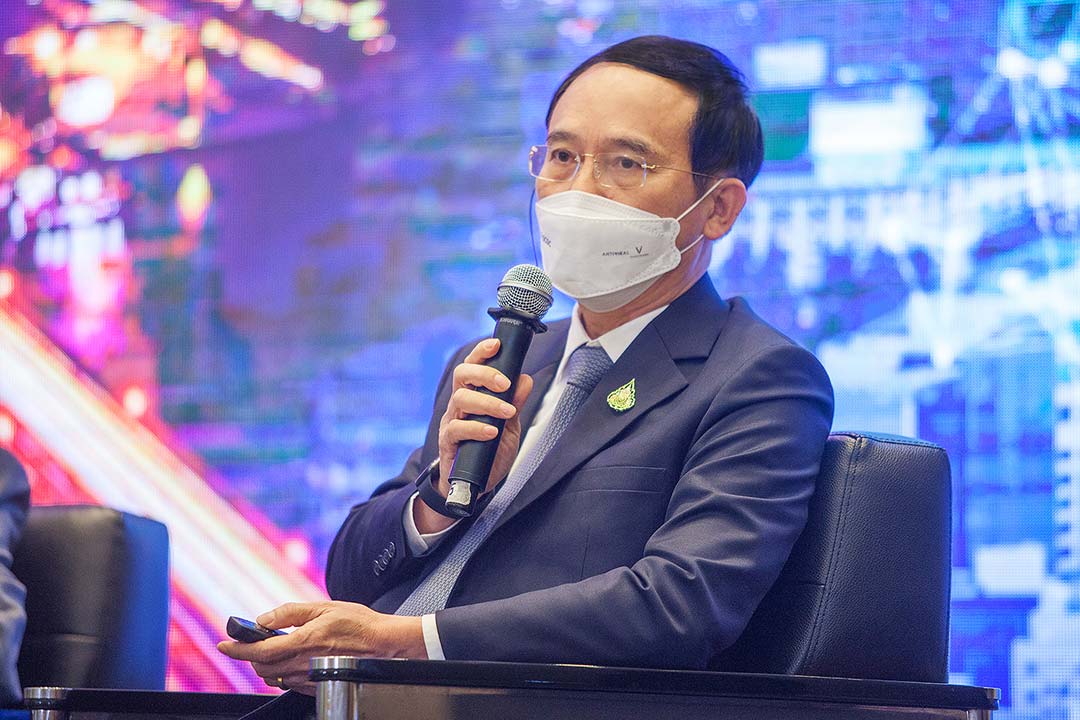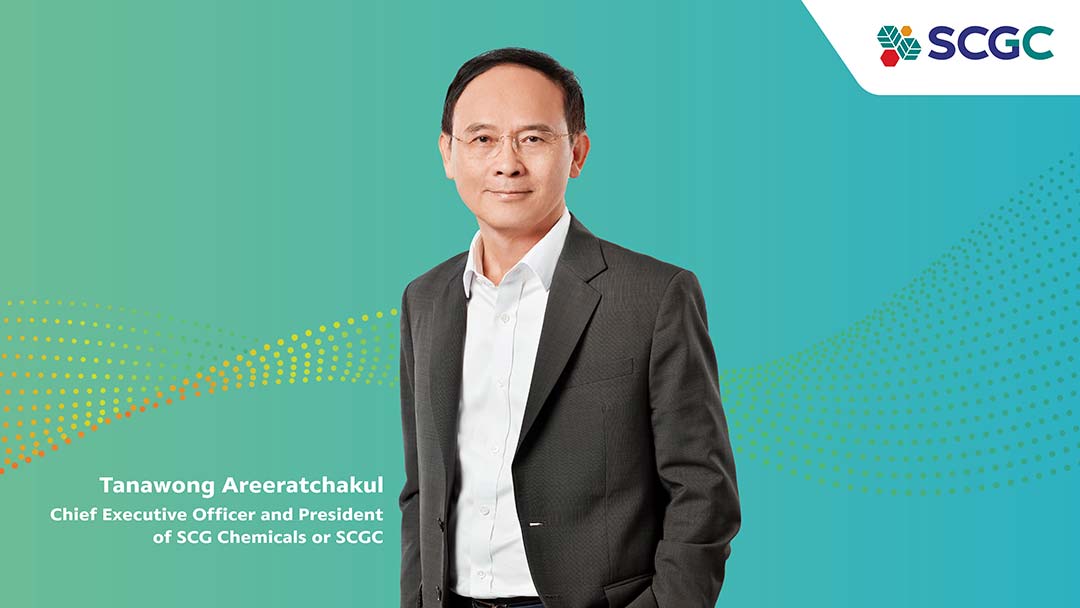Thailand and Japan have maintained a close and strong alliance for over 600 years. Throughout this partnership with the Land of the Rising Sun, close ties and cooperation have been at all levels. Since the two nations signed the Declaration of Amity and Commerce between Japan and Thailand on September 26, 1887, international relations and shared economic opportunities have progressed steadily. Thailand and Japan have maintained diplomatic ties for more than 135 years. The two nations are regarded as significant economic allies, with Japan consistently ranking as Thailand’s top investor, with approximately 6,000 Japanese businesses, accounting for one-third of all foreign investments in Thailand.
SCGC is among the cooperation to develop innovative chemicals to meet megatrends.
SCG Chemicals, or SCGC, is an organization geared toward “a leading integrated chemical player in the region for sustainability.” It is one of the businesses partnering with Japanese companies since the beginning of business operations. In 1996, a joint venture was established with a Japanese chemical company to develop innovative chemicals for the market, creating corporate growth opportunities with a consistent rise in usage rate in line with economic growth and population.
Joint ventures between SCGC and Japanese companies include a joint venture with Mitsui Chemicals Inc. to establish Grand Siam Composites Company Limited to produce PP compound and Siam Tohcello Company Limited to create special plastic film LLDPE for packaging; and a joint venture with Mitsubishi Chemical Corporation to establish Thai MMA Company Limited to produce Methyl Methacrylate and acrylic sheets under the brand “Shinkolite.”

Tanawong Areeratchakul, CEO and President of SCG Chemicals or SCGC, spoke about the cooperation between SCGC and its partners in Japan at the High-Level Policy Dialogue Forum on “Thailand – Japan’s New Dimension of Economic Cooperation” hosted by the Ministry of Economy, Trade and Industry (METI), the Japanese Embassy in Thailand, and The Japan External Trade Organization in Bangkok (JETRO Bangkok) in May:
“SCGC’s core business is the production of polymers in three main categories, namely Polyethylene, Polypropylene, and Polyvinyl chloride, as well as finished products to meet the key global megatrends, such as urbanization, sustainability, energy transition, and healthcare. The efforts were achieved by developing High Value Added Product & Service (HVA). In addition to having world-class management standards, SCGC uses AI and digital technologies in the production process throughout the supply chain. It also outlines a plan for accelerating the energy transition to identify the common ground for new partnerships.
Additionally, SCGC emphasizes green polymer by creating polymer manufacturing technology that uses fewer materials, less energy, and emits less carbon dioxide. Together with the recycling technology developed in collaboration with Japanese partners, it also produces innovations that make the product recyclable. We are also researching biodegradable biopolymers. The Japanese and international markets are both in demand for all these developments.”
Thailand-Japan’s New Dimension of Economic Cooperation
As a result of the ever-changing global situation, economic and trade cooperation between Thailand and Japan has shifted to a new dimension that is ready to advance with the world today and in the future. Among the examples are a model of Thailand’s bioeconomy, circular economy, and green economy (BCG) consistent with Japan’s green growth policy. This also includes promoting investment in new industries, such as clean energy, electric vehicles, smart electronics, digital, health, and medicine. Japan also plans to invest in Asia, which is its new investment policy. Thailand is one of the key targets for cooperation to achieve sustainable economic and societal growth between Japan and Thailand and Asia as a whole.
Reflecting Thailand-Japan relations through trade cooperation
Japan is Thailand’s top trading partner when it comes to their mutually beneficial partnership. Over the past five years, the average trade value was USD 56.64 billion. In 2021, despite the COVID-19 pandemic, the trade value between Thailand and Japan grew by more than 20%, thanks to bilateral free trade agreements between Thailand and Japan, such as Japan-Thailand Economic Partnership Agreement (JTEPA) and ASEAN-Japan Comprehensive Economic Partnership (AJCEP). In recent years, Thai exporters have garnered almost 80% of their export value from the JTEPA and AJCEP agreements. In addition, the Regional Comprehensive Economic Partnership (RCEP), which goes into effect in 2022, encompasses goods, services, and investments in ASEAN, Japan, South Korea, China, Australia, and New Zealand, is regarded as the world’s largest trading and investment market, giving advantage edge for Thai and Japanese products. In the first three months of the RCEP agreement’s implementation, Thai exporters sought to maximize the agreement’s benefits to Japan, which amounted to approximately USD 17 million.
Undoubtedly, with the two nations’ strong relationship moving forward, their cooperation will take on increasingly diverse dimensions, opening up new prospects for Thai businesses to expand regionally. SCGC is ready to work with all sectors to drive sustainable economic and social growth.

For more SCG innovation for living solutions, better communities, and a healthier environment Please visit https://www.scg.com/esg/ https://scgnewschannel.com / Facebook: scgnewschannel / Twitter: @scgnewschannel / Line@: @scgnewschannel
Published on: Oct 19, 2022